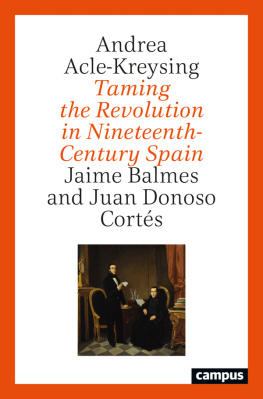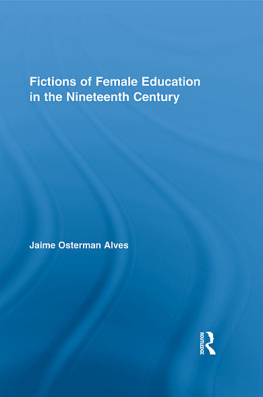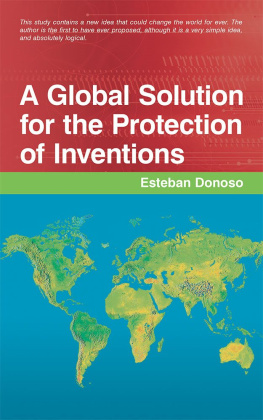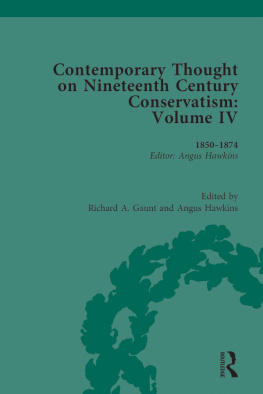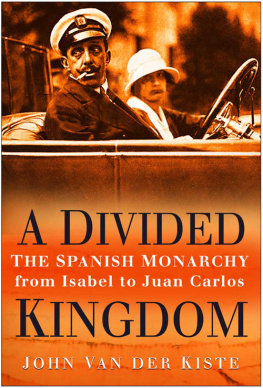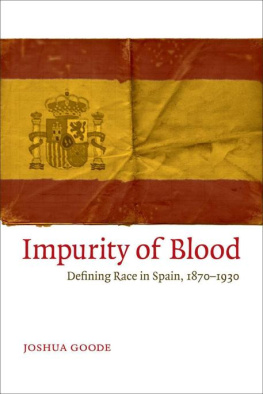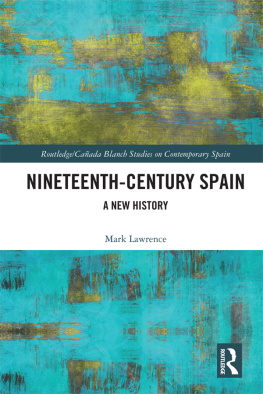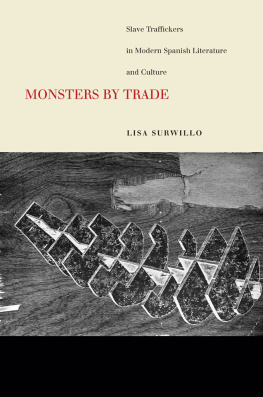Jaime Balmes und Juan Donoso Corts die beiden wichtigsten konservativen Denker im Spanien des 19. Jahrhunderts versuchten aktiv im Zuge des aufkommenden Liberalismus, die Zentralitt von Kirche und Monarchie zu bewahren, und gleichzeitig die stereotype Sichtweise Spaniens als rckstndiges und isoliertes Land zu diskreditieren. Obwohl sie ein hnliches Ziel verfolgten, unterschieden sich ihre Standpunkte: Whrend Balmes Werke einen sozial orientierten Katholizismus vorwegnahmen, stellte Donoso das Christentum als hchstes soziales Gut dar, das mit dem modernen Liberalismus unvereinbar war. Andrea Acle-Kreysing hebt die ungelsten Spannungen in ihren Werken hervor und zeigt, dass das spanische politische Denken eine anregende Variante und keine Abweichung der zeitgenssischen europischen Debatten war.
The lives of most men are a web of contradictions that are simply impossible to explain; if one were to give any importance to this fact, nothing less would follow than that we would need to demand that all men should adjust their conduct to their ideas, and that whoever held a conviction should always act in accordance with it. But when and where has this ever been a common practice?
Acknowledgements
This book is the revised version of my PhD dissertation, completed at the University of Cambridge (2012). While incorporating the most recent publications in the field, I have at the same time sought to preserve the youthful tone of the original. The art of finding ones own voice amidst a vast sea of scholarship remains the most valuable lesson I learned from Alison Sinclair, my PhD supervisor at the Department of Spanish & Portuguese in the Faculty of Modern & Medieval Languages. Ten years later, she continues to be an unwavering source of help, inspiration and encouragement. During my years as a graduate student from 2006 to 2011, I profited immensely from meeting leading experts in both European and intellectual history. I would thus like to express my profound gratitude to Christopher Clark, David Brading, Gareth Stedman Jones, Javier Herrero, Javier Fernndez Sebastin, Josep Fradera, Mara del Carmen Senz, Michael Costeloe, Emile Perreau-Saussine and, last but not least, Gregorio Alonso to whom I owe the title of this book. Furthermore, I would like to thank my PhD thesis examiners, Andrew Ginger and Guy Thomson, whose comments proved invaluable when drafting this book. Additionally, I am indebted to Xos Manoel Nez Seixas for helping me to make the transition from British to German academia.
Even if taking the road less travelled has presented its challenges, it has also brought a reward: the ability to feel at home in several countries and their respective scholarly traditions. The seeds of intellectual curiosity sown by my former professors at El Colegio de Mxico (Francisco Gil Villegas, Anne Staples, Andrs Lira, Iln Bizberg and Rafael Segovia ) have gone on to bear fruit.
In navigating the unexpected, I have unfailingly found solace and wisdom in Alfredo and Lourdes, my parents, mi patria . After completing a research project in Dresden that was born in Cambridge, I wish to honour cherished memories of friendships and conversation with Hannah Mowat, Julieta Falcn, Clara Panozzo, Stefanie Gnger, Fabin Rosales, Carrie Gibson and Mariama Ifode. Finally, my heartfelt thanks go to Clara, Jakob and Moritz Kreysing for being my joy, meine Heimat.
Writing a book about the political thought of Jaime Balmes and Juan Donoso Corts is an ideal opportunity to reflect upon the uses and abuses of intellectual history. Regarded as the two major Catholic thinkers in Spain between the 1830s and 1850s, Balmes and Donoso have continued to be influential on subsequent generations of conservative and right-wing thinkers. Adapted to new scenarios, their ideas have often been simplified and subjected to misappropriations, in order either to suit them to the needs of a given political agenda, or to affirm the belonging of Balmes and Donoso to an allegedly timeless Catholic tradition. For example, in the context of Francoist Spain (1939-1975), Balmes and Donoso became incorporated into the narrative of the Two Spains, the liberal and the conservative, whose allegedly irreconcilable differences were seen as leading to the outbreak of the Spanish Civil War (1936-1939). Seen from outside Spain, Balmes and Donoso possess a steady reputation as traditionalists who, seeking to reverse the revolutionary tide that swept through both Spain and Europe, raised what sympathetic commentators referred to as the timely banners of order and authority. To put it shortly, it is in their guise as conservatives, traditionalists, Catholic apologists and even as counter-revolutionaries that Balmes and Donoso persist in the historical imagination. It might be added that, in the twentieth century, the thought of Donoso experienced a revival, as the anti-liberal views of his later years were (in)famously revived by the German political theorist and Nazi sympathiser Carl Schmitt (1888-1985).
The problem is that, when deployed in the actual historical period in which Balmes and Donoso lived and wrote, these categories are ill-fitting and inaccurate. Instead of the clear-cut conflict between a liberal and a conservative Spain, what then existed was an heterogeneous liberal party divided at least into two main branches, as well as a relatively diverse traditionalist and monarchic opinion, deeply affected by the division of the royal family into two competing branches. Moreover, when entering into biographical details, the idea that Balmes and Donoso struggled for an identical cause does not wholly match reality. Whereas the worldly lawyer Donoso remained close to the moderados (moderate liberals) for most of his life, the secular priest Balmes eschewed political labels altogether. Despite sharing a similar goal, that of maintaining the centrality of Spains traditional institutions, the Church and the monarchy, they applied dissimilar means to its attainment. Last but not least, while the writings of Balmes prefigured a relatively open-minded and socially-oriented Catholicism, Donoso ended up positing Christianity as the highest social good, yet one incompatible with both liberalism and socialism. Nevertheless, despite the many differences between them, the trajectories of Balmes and Donoso did run parallel to each other, so that it is possible to see their works as variations on a same theme (Koch 1993: 108-109). However, if an accurate sense of the actual (i.e. historical, contextual and even comparative) significance of Balmes and Donoso in mid-nineteenth century Spain is to be gained, it makes sense to focus upon their lives, rather than just in their afterlives as Catholic or conservative icons.
My intention in this book is thus twofold: first, to reconstruct the trajectories of Balmes and Donoso, highlighting the nuances and unresolved tensions within their work. Therefore, instead of presenting them as brothers-in-arms (who, it might be added, avoided any personal acquaintance during their lives), my aim is to show the complexity of contemporary Spanish political thought. This aim matches the latest developments in the study of nineteenth-century Spanish political and intellectual history. A deliberate effort has been made to escape dualistic interpretations of this period, that is, seen as torn between extremes: tradition

